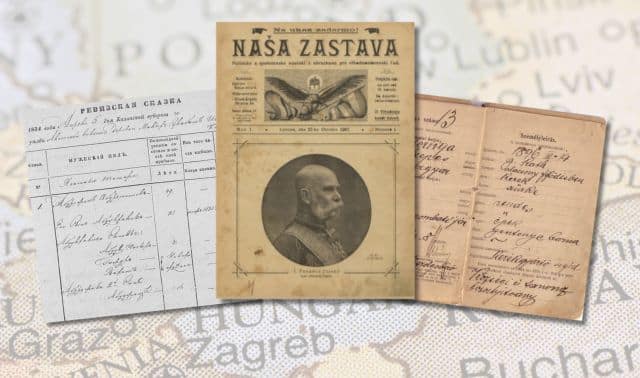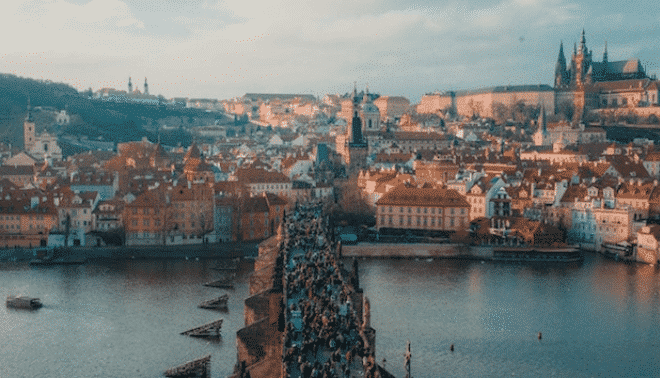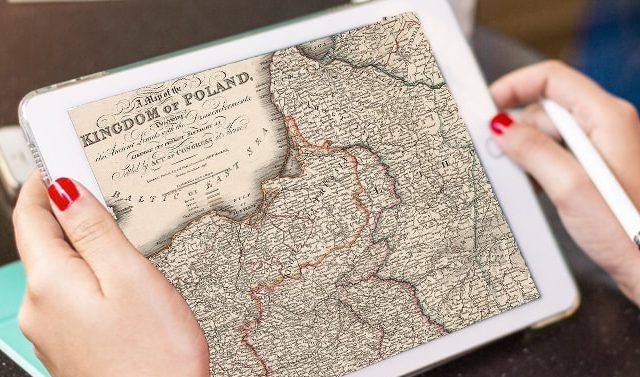Sign up for the Family Tree Newsletter! Plus, you’ll receive our 10 Essential Genealogy Research Forms PDF as a special thank you.
Get Your Free Genealogy Forms
"*" indicates required fields
- Copernicus (1473-1543): The father of modern astronomy, Mikolaj Kopernik is known for developing the scientific theory that the planets revolve around the sun and that the Earth rotates daily on its axis.
- Casimir Pulaski (1747-1779): After unsuccessfully fighting against partitioning of his own country, Pulaski came to America to fight on the Colonies’ side in the Revolutionary War. Known as the father of the American cavalry, this general was fatally wounded at the Battle of Savannah. In 1987, the first Monday in March became a state holiday in Illinois to honor Pulaski. While he never set foot in the Land of Lincoln, many of his Polish countrymen have. There’s also a Pulaski parade each fall in New York City.
- Thaddeus Kosciuszko (1746-1817): Like Pulaski, Kosciuszko left Poland to aid the Colonies during the Revolutionary War. After the war, he was offered citizenship and a brigadier general’s title; instead, he returned to Poland and led an unsuccessful uprising for freedom.
- Frederic Chopin (1810-1849): Born in Poland to a French migr father and a Polish mother, Chopin is best known for his solo piano pieces and his romance with novelist Aurore Dudevant, known as George Sand.
- Joseph Conrad (1857-1924): Born Jzef Teodor Konrad Korzeniowski, the son of a Polish patriot became one of the great writers in English, penning such works as Lord Jim and “Heart of Darkness” (which was updated into the movie Apocalypse Now).
- Marie Sklodowska Curie (1867-1934): Born in Warsaw and educated via Poland’s underground universities during Russian rule, this scientist moved to Paris in 1891 and pursued a research career with her husband Pierre. In 1903, she became the first woman to win the Nobel Prize; in 1911, she became the first person to win a second Nobel Prize.
- Pope John Paul II (1920-2005): Karol Wojtyla’s work in the Polish underground during World War II convinced him to become a priest. He became a cardinal in 1967 and on Oct. 16, 1978, became the first Polish pope.
- Lech Walesa (1943-) The former car mechanic and electrician skillfully led the Gdansk shipyard strikes of the 1980s and helped found the Solidarity labor movement. He won the 1983 Nobel Peace Prize for his efforts and in December 1990 was elected to a five-year term as Poland’s first popularly elected president. He was defeated in a bid for a second term.
A version of this article appeared in the December 2000 issue of Family Tree Magazine.
ADVERTISEMENT



